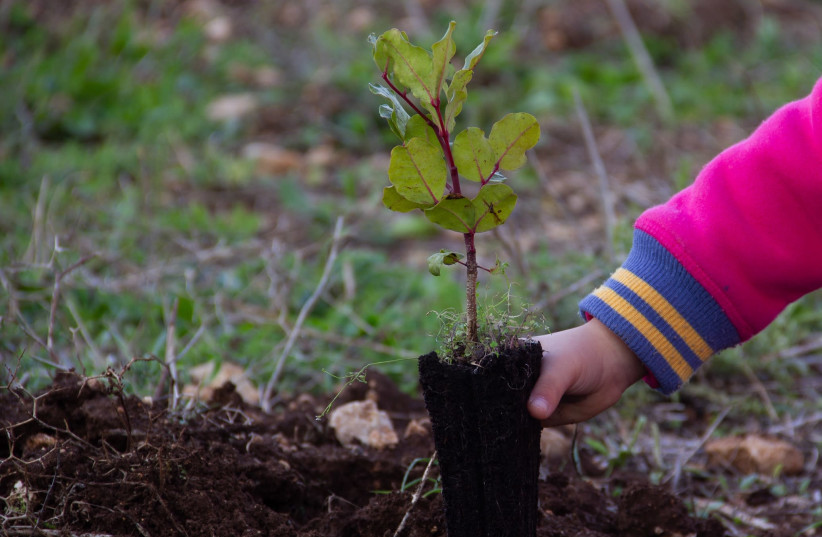For Keren Kayemeth LeIsrael-Jewish National Fund, one of the oldest environmental organizations in the world, fighting climate change in Israel and beyond has become one of its top priorities.
Speaking at The Jerusalem Post Annual Conference in New York on Monday, Ronnie Vinnikov, KKL-JNF Chief Development Officer and Head of Resource Development and the External Affairs Division, explained the group’s comprehensive strategy to fight the climate crisis.
“While shaping the future of Israel and affirming its connection to the land, KKL has been adapting and expanding its missions and goals,” Vinnikov said. “In the past few years, the urgency of combating the climate crisis in countering desertification has reached unprecedented levels. As a result, KKL-JNF has been spearheading technological advancement, acquiring profound knowledge and strategically allocating resources for this mission.”
The organization’s strategy to counter the environmental threat has been based on three main pillars: mitigation, adaptation and education.
“Mitigation involves reducing greenhouse gas emissions, mainly CO2, or increasing its sequestration,” Vinnikov explained. “Trees and forests remain the best tool humanity has for sequestering atmospheric carbon.”

For this reason, KKL-JNF has been working on preserving and monitoring Israel’s forests, which absorb about 3 million tons of CO2 annually.
What else is KKL-JNF doing to fight climate change?
In addition, the group has been spearheading several projects that involve using its water reservoirs as well as cultivated fields as a source of renewable energy by building solar plants in the same spaces.
“Adaptation means being prepared for extreme climate events,” Vinnikov said. “In this perspective one of our goals is reducing the risk of forest fires.”
KKL-JNF works on a daily basis to prevent the development of fires, as well as the negative consequences of floodings, another common phenomenon in Israel.
Regarding education, the group runs two innovation centers in Israel, supports startups and promotes technologies and scientific research in the field of climate change with several initiatives.
Vinnikov also illustrated KKL-JNF’s work at the international level, starting from developing countries in Africa.
“KKL-JNF uses its world class expertise in combating desertification, water resource management, and conserving land through sustainable agriculture and research to help countries in need achieve their goals to combat climate change and ensure a better future,” he said.